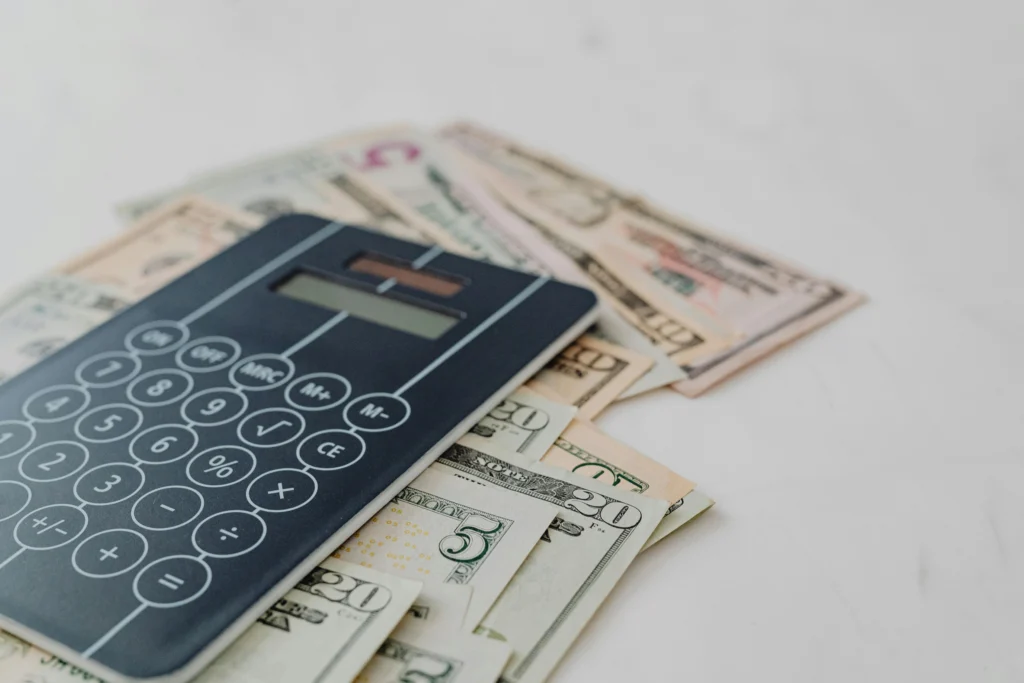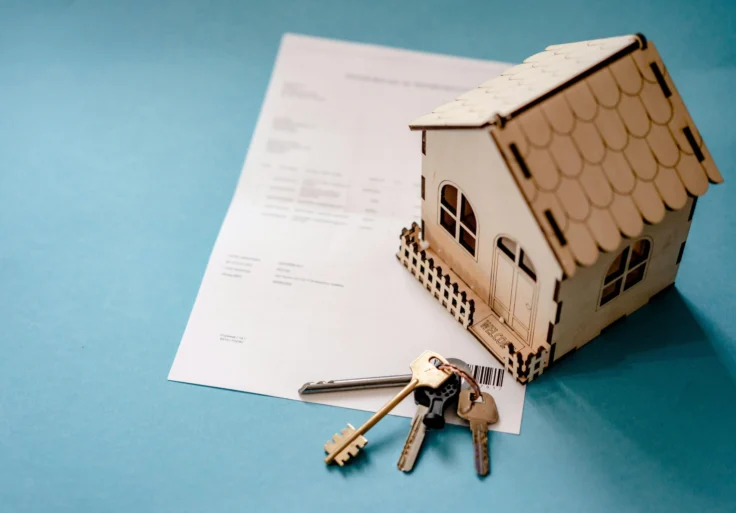How Delinquency and Default Differ in Lending Terms
Taking out a loan is often associated with purchasing a home, but it also involves risks related to borrowing money. You must cover the monthly payments for the entire duration of the loan; otherwise, you may face late fees or even forfeiture of the home.
Two key terms are essential for borrowers to understand: delinquency and default. Loan delinquency occurs when a borrower misses one or more payments on the loan. A default is a more serious offense that happens when a borrower fails to make loan payments over an extended period, often resulting in legal issues. With a defaulted loan, the lender assumes the borrower will not be able to pay what is owed.
What It Means to Be Delinquent on a Loan
A delinquent payment may only be 30, 60, or 90 days late. If you repay the owed amount, including any penalties and interest, within the established timeline, your delinquent loan will be back on track. However, if a delinquent account is not resolved by the lender’s deadline, you could enter the default stage.
Some lenders may be very strict and have consequences for just a single missed payment, while others may allow two or three before taking drastic action. It is wise to read your loan terms closely to understand how your lender may respond to a delinquent payment and take quick action after several missed payments.
Reasons Borrowers Become Delinquent
There are many reasons why borrowers may have late payments. The loss of a job, a sudden illness, unexpected bills, and divorce can all be unplanned situations that cause the borrower to lose track of their payments. Late payments could also be the result of poor budgeting practices.
In many cases, a delinquent loan is unintentional, and the borrower can fix the issue if they catch it early. Otherwise, the account remains delinquent and could proceed to the default stage.
What Lenders Typically Do When You're Delinquent
If a student loan, car loan, personal loan, or mortgage has a missed payment, the lender will respond quickly. Institutions like banks and credit unions do not want to lose their investments, so you can expect to receive a notice in the mail or electronically about a missed payment. Some lenders will include grace periods with minor penalties, but others may be stricter.
Ideally, you can make up the loan payments and associated fees quickly to get back on track with your loan. Another option may be a short-term repayment plan that includes late fees.

What Happens When a Loan Goes Into Default
If the delinquency continues and you fail to make the payments, the lender will typically consider the loan to be in default after a certain period. Often, a loan default occurs after 90 to 270 days of non-payment, depending on the type of loan. For example, student loan delinquency typically does not occur until 270 days have passed, versus 90 days for many mortgages.
There will be financial and legal implications for the borrower if the loan defaults. First, the defaulted loans will be reported to the credit bureaus, resulting in a big drop in your credit score. Second, the lender could initiate foreclosure on your property, which means you will lose possession of the house without recouping your investment. Foreclosure is a legal process that may involve a judge and/or court; therefore, it is essential to take delinquency and default seriously.
Which Loan Types Are Prone to Default?
Loans that reach default status can originate from various sources. Home loans and student loans can reach default status due to high balances and long terms. Inconsistent income may make it hard for someone to afford payments on their auto loan. Variable interest rates on personal loans can make it hard to afford monthly payments if the rates increase.
A defaulted loan can have a lasting impact on your finances and ability to borrow in the future, so make sure you can afford these loans before committing to them.
Credit Score Impact of Loan Default
The three major credit bureaus track your ability to pay back debts. If you miss enough payments to default on a loan, the hit to your credit report will be substantial. Additionally, this drop could remain on your credit report for up to seven years. As a result, you will have a harder time affording home loans or refinancing your current mortgage in the future.
Delinquency will also affect your credit score, but not nearly as much as a default. However, even one missed payment could result in a 100-point drop if you have a strong credit report. All the more reason to avoid giving credit bureaus an excuse to drop your scores with late payments.
The Consequences of Missing Payments
Missing payments will always have consequences. In the short term, you will likely incur penalties and other fees to the lender, even if you repay the amount owed. Additionally, your credit report will be negatively impacted due to the delinquency.
In the long term, there is a legal risk that you could lose your home through foreclosure or repossession. If missed loan payments lead to default, your credit score will drop significantly, and the default will remain on your report for years.
How It Affects Future Mortgage or Loan Eligibility
Your ability to borrow money depends on your credit score. The higher it is, the easier it is to be eligible for various loans, including student loans, auto loans, credit card balances, and mortgages.
While some loans, such as FHA loans, are available to borrowers with lower credit scores, a loan default may even disqualify you from these products. Other loan programs will simply require waiting periods or credit repair initiatives before allowing you to borrow again.
Legal and Collection Actions That May Follow
Legally, you owe a debt to the lender if you default on a loan agreement. For an auto loan, your car could be repossessed. If you default on a mortgage loan, the result could be foreclosure, where the lender seizes the property. Wage garnishment and debt collectors may also be involved if your loan reaches default status, both of which can be extremely stressful for the borrower.
Comparing Delinquency and Default in Student Loans
Let’s examine an example involving a federal student loan. Perhaps you missed a payment on one of your federal loans. At this point, it will be considered delinquent, and you will receive a notice outlining the process for paying the outstanding amount, along with any applicable penalties. This notice will also establish the deadline for making up payments.
For federal loans, the default period is 270 days. This means if you fail to make up for your late payments by that deadline, the loan will be in default. At this point, the federal government will likely take action to collect, which could mean wage garnishment or other asset losses.
Grace Periods and Communicating With Servicers
For a federal student loan, you may have a grace period. After missing a payment or two, you may be offered deferment or forbearance. It is essential to communicate with the loan provider early and often to understand your options. Although the loan servicer will send you communications by mail and email, it is best to be proactive to ensure you are following the proper procedures.

How Long Do These Marks Stay on Your Credit Report?
Creditors will typically report a late payment after 30 days. Once this is reported to credit bureaus, the late payment will stay on your report for seven years. However, the impact of the delinquent payment on the score will decrease over time, so long as you keep up with all other debts. A default will have a much greater impact on your long-term credit health and eligibility for future loans.
Are You Delinquent or in Default? How to Find Out?
Since there is a significant difference between delinquency and default, it is essential to know what stage you are in when you miss loan payments. Check monthly statements, lender portals, and credit reports to verify information about the default period and the necessary steps to resolve the delinquency.
Always look for terms like “late fees” or “due date” to figure out if you are simply behind or have entered default status.
Can You Remove Delinquencies From Your Credit History?
You can dispute errors on your credit report or negotiate with lenders to overcome these elements. In some cases, a waiting period may be required when applying for a new loan to allow your credit score to be measured over time. Goodwill letters can also be issued to creditors to explain the late payment if it was an isolated incident, and should be removed from your record.
It is vital to manage expectations when trying to remove delinquencies from your credit history.
How to Prevent Loan Delinquency and Default?
Avoiding late payments is the key to maintaining your loan agreement. Several financial practices can help you avoid the consequences of delinquent or defaulted loans.
Enable Auto-Payments or Use Payment Alert
Automatic payments from your bank will ensure the lender receives the right monthly amount every time. All you need to do is ensure there are sufficient funds in your account when the payment date approaches. You can also set up alerts through banking or lending portals.
Budgeting Tips to Keep Up With Repayments
Budgeting is a crucial skill for anyone with financial responsibilities. Always calculate your budget when taking on home loans or other financial products to ensure you can afford these automatic payments and adjust your spending priorities appropriately. Financial advisors can guide you toward wiser spending if you struggle with these issues.
Talk to Your Lender Before You Miss a Payment
If you are at risk of missing a payment, contact your lender as soon as possible. There may be options to avoid delinquency, such as payment deferral, hardship programs, or loan restructuring. Early communication is crucial in resolving these issues.
FAQs About Loan Delinquency and Default
How Many Missed Payments Before a Loan Is in Default?
It depends on the lender and the terms of your loan agreement. Typically, a loan is considered defaulted after three, four, or six consecutive missed payments.
Is It Possible to Recover After Defaulting on a Loan?
It is possible to recover from a loan default, but it will take considerable time to catch up on all debt payments. It will stay on your credit report for seven years unless you can successfully dispute the error or issue a goodwill letter.
What Harms Your Credit More: Delinquency or Default?
Though both situations are harmful to your credit score, a loan default is by far the most damaging process. It will signal to other lenders that you have defaulted on a major debt obligation.





